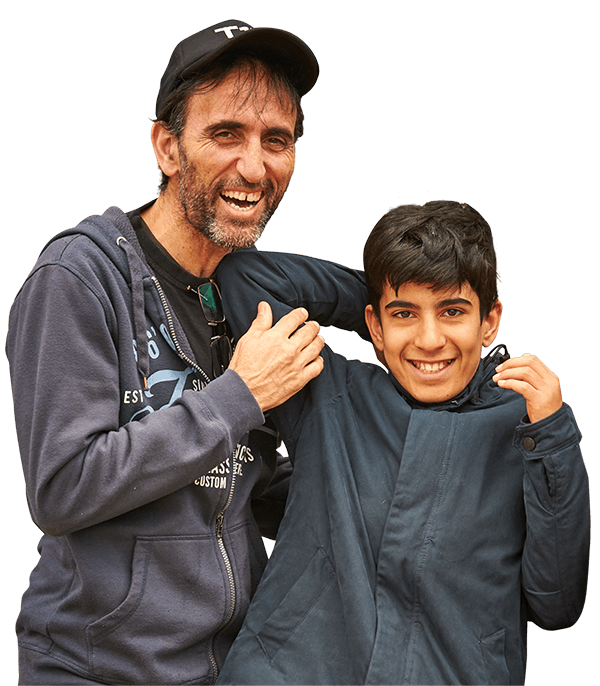What is Prader-Willi Syndrome?
Prader-Willi Syndrome (PWS) is a rare, complex, unique, multistage genetic disorder which affects 1 in 15,000 births.
Males and females of all races and ethnicities are affected equally. PWS occurs randomly and is a result of an abnormality of the 15th chromosome pair. The anomaly occurs around the time of conception and first cell division. Currently, PWS is thought to be an utterly accidental occurrence. It is not the fault of either parent and rarely reoccurs in the same family. A small piece of genetic material that is missing or not working on the 15th chromosome is responsible for the characteristics that make up this syndrome.
Prader- Will Syndrome is a complex neurodevelopmental disorder due to errors in genomic imprinting with the loss of imprinted genes that are paternally expressed from the chromosome 15, which means it is silenced, or not active on the mother’s chromosome and the information required is read from the father’s copy. If the required section on the father’s chromosome is deleted or the entire chromosome is missing, then PWS is the result.
A deletion of genetic material on the 15th chromosome, inherited from the father, makes up approximately 70% of all cases of PWS.
25% of PWS cases are caused by inheriting two copies of the 15th chromosome from the mother (Uniparental disomy – UPD) instead of one from each parent.
An estimated 5% of cases are due to a translocation or imprinting irregularity involving Chromosome 15. This irregularity can be hereditary and can occur in siblings. Genetic counselling is recommended in these cases.
PWS is a spectrum disorder, and symptoms vary in severity and occurrence among individuals.
Further information can be found on the Foundation for Prader-Willi Syndrome Research website
